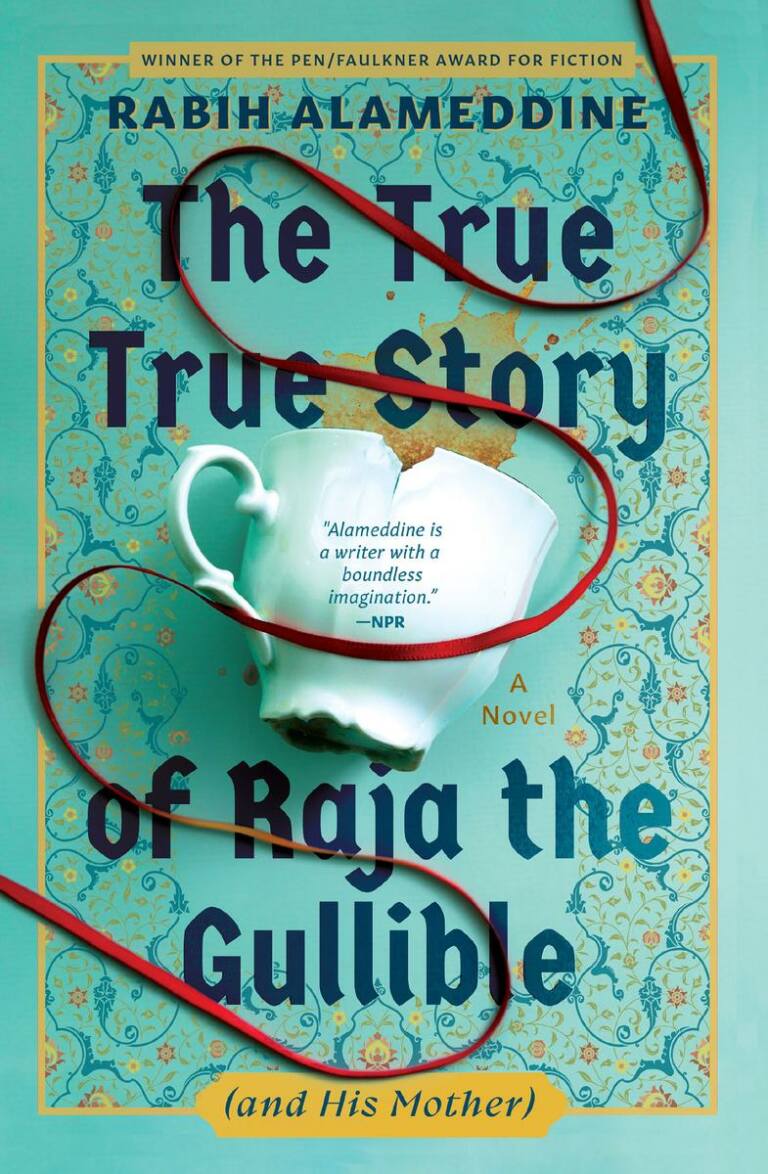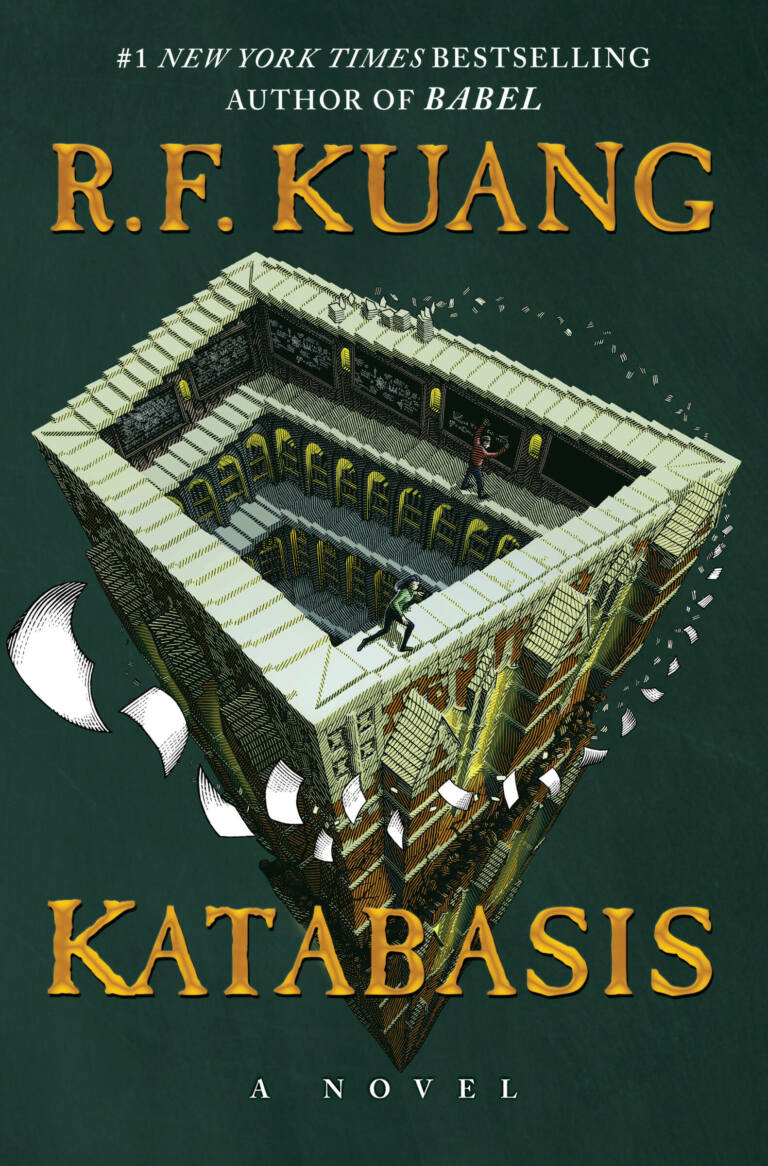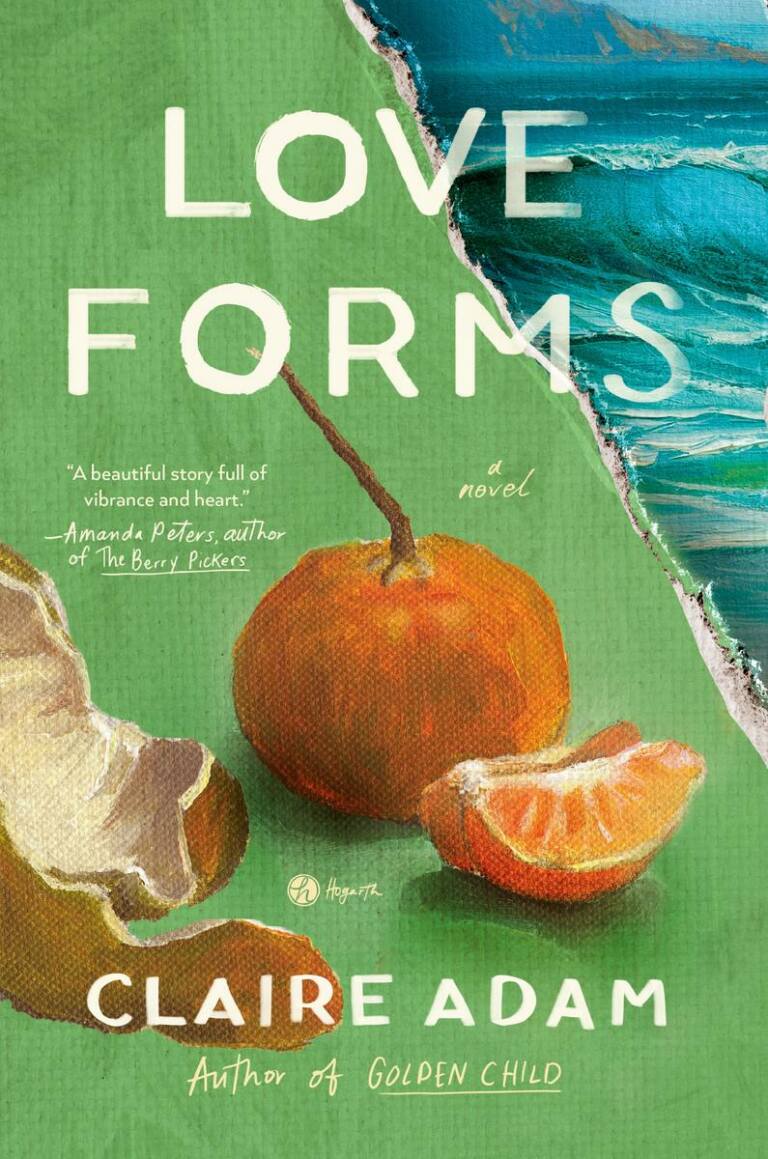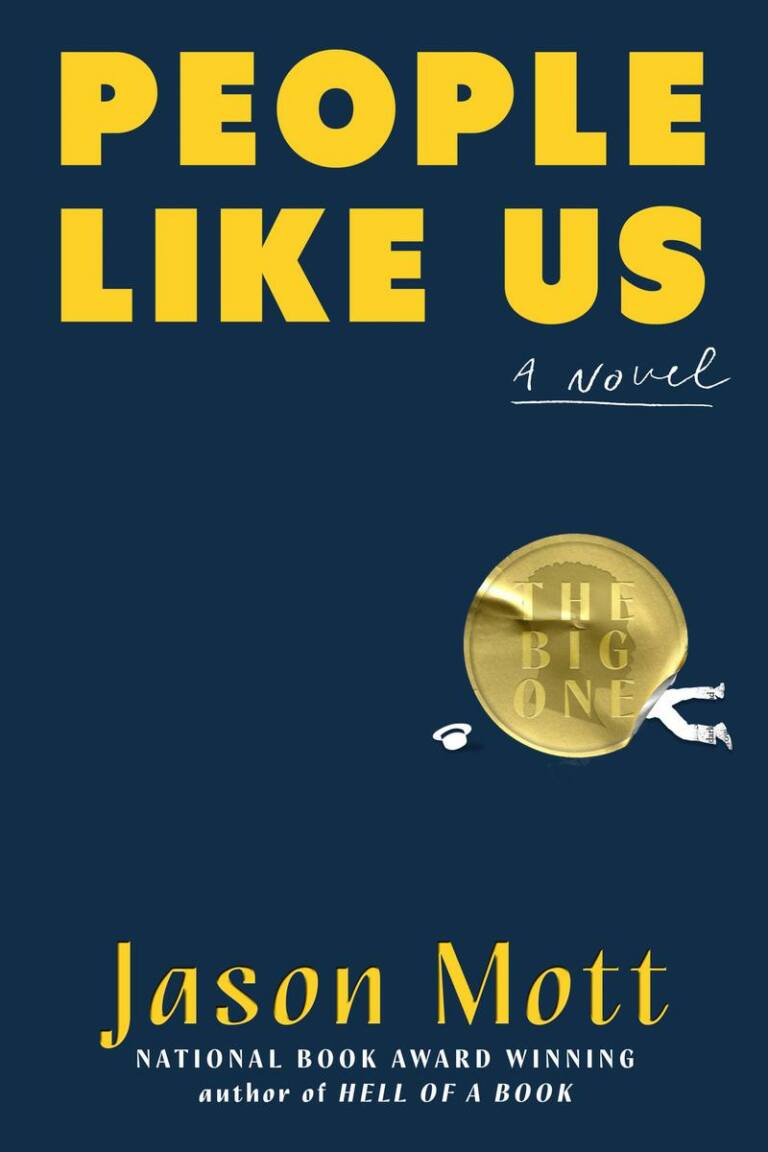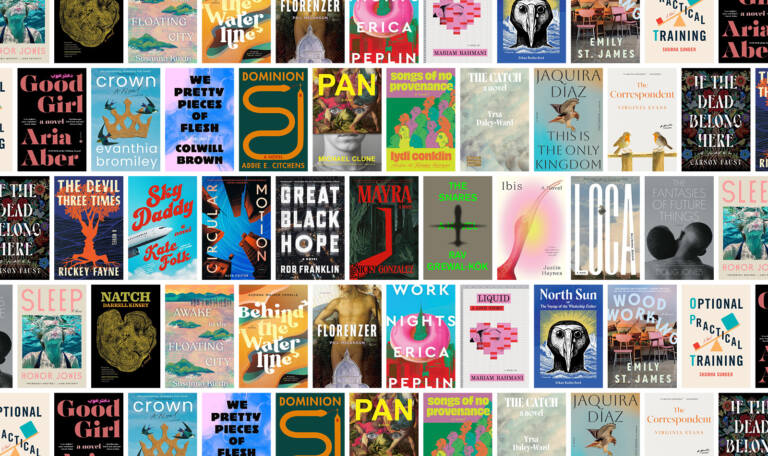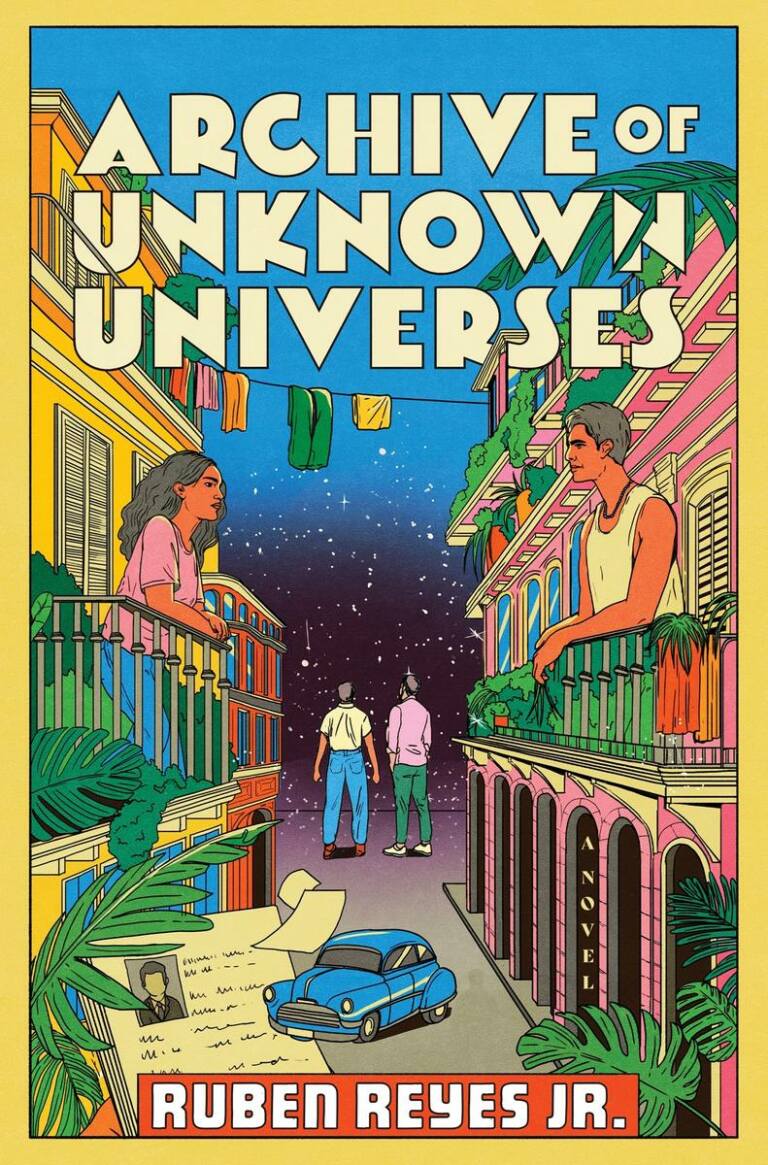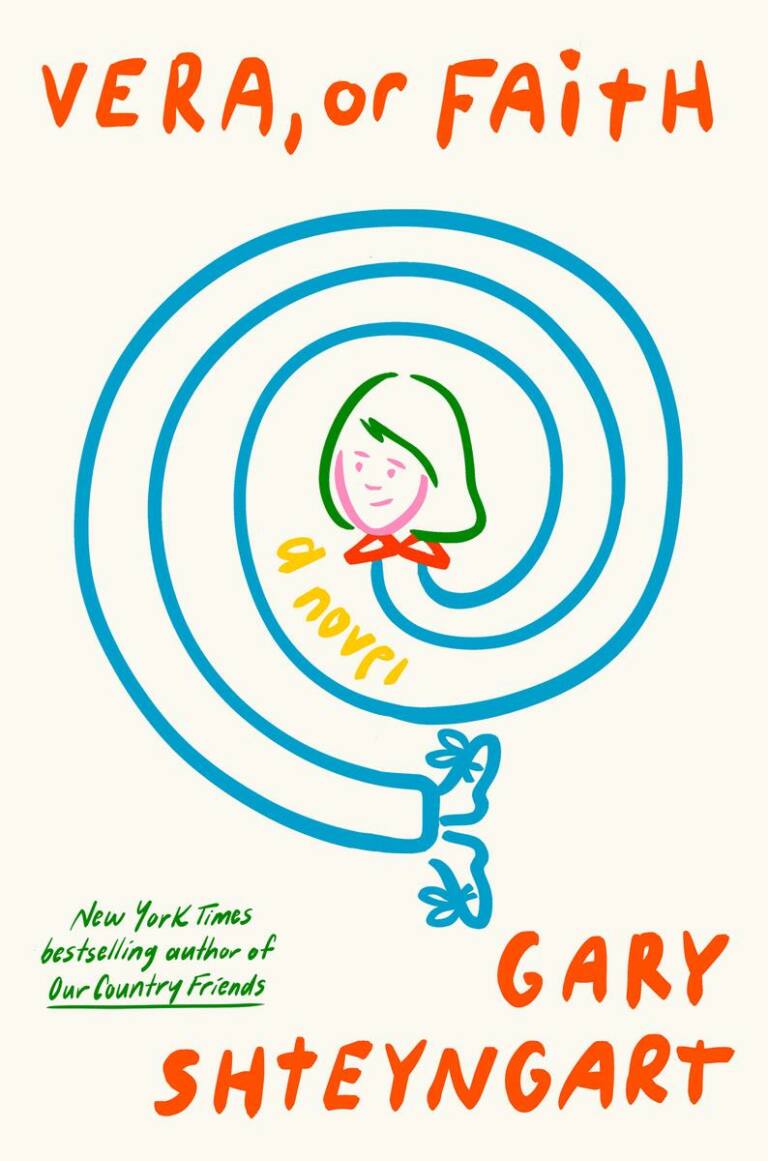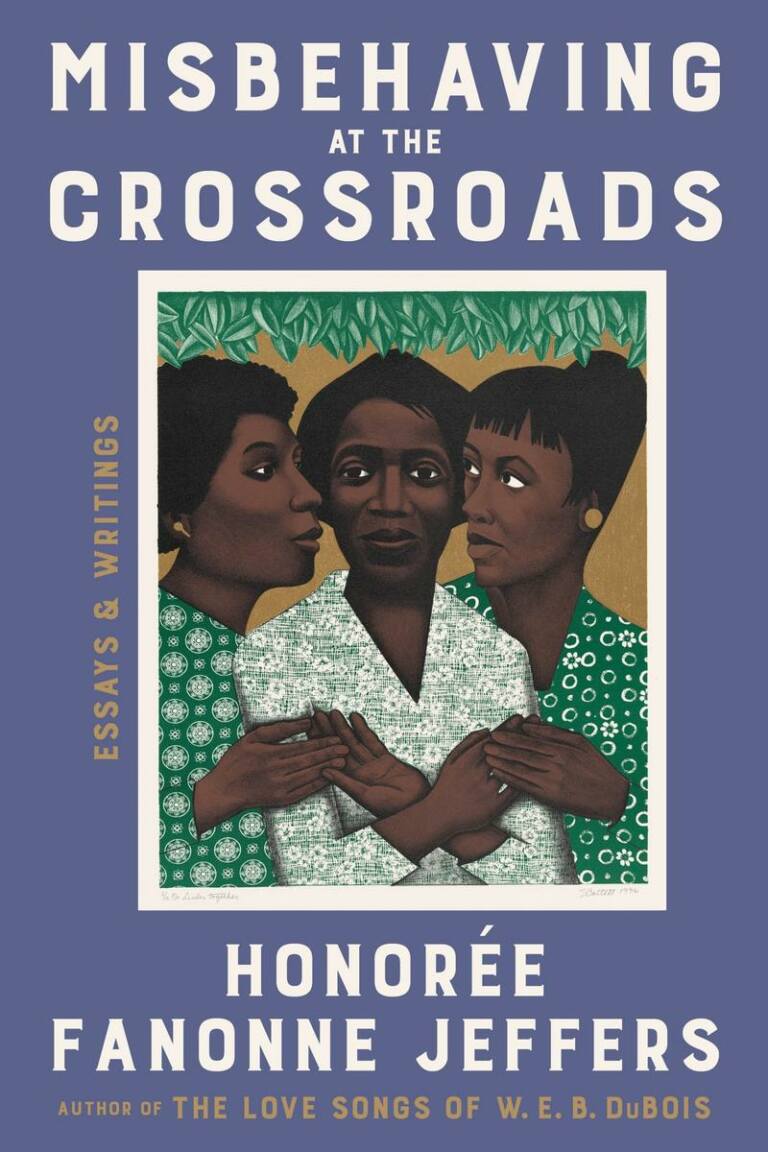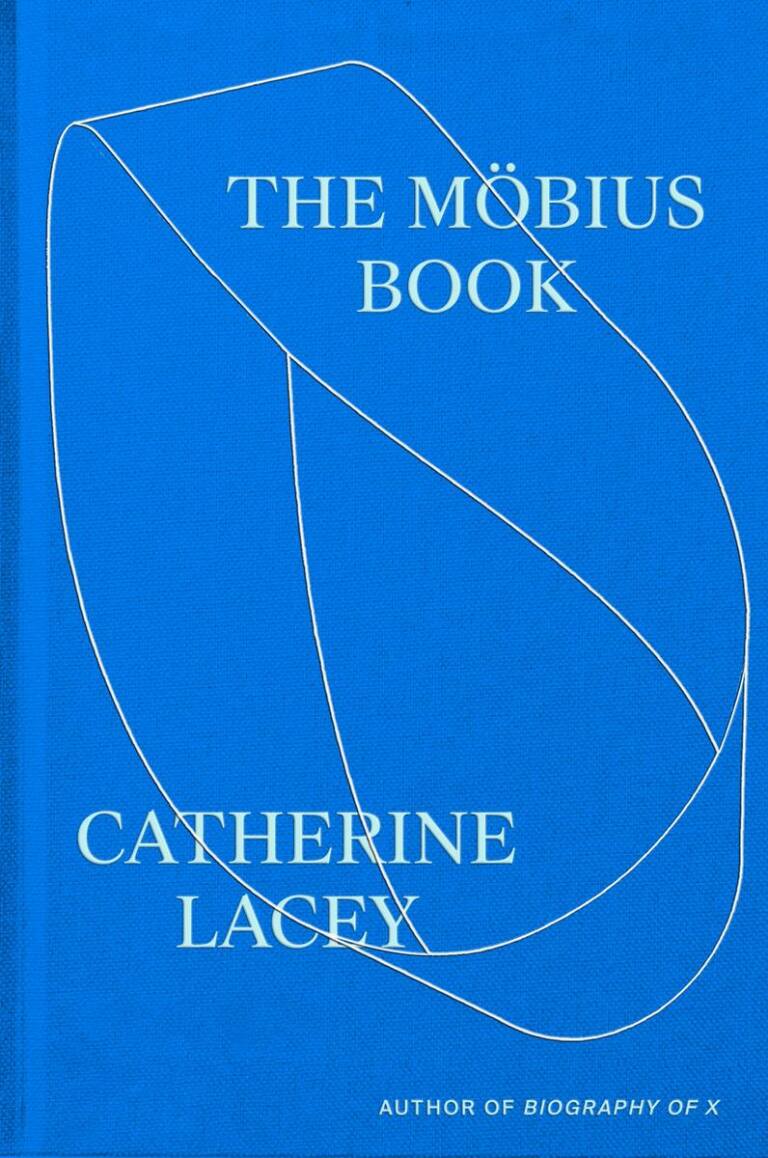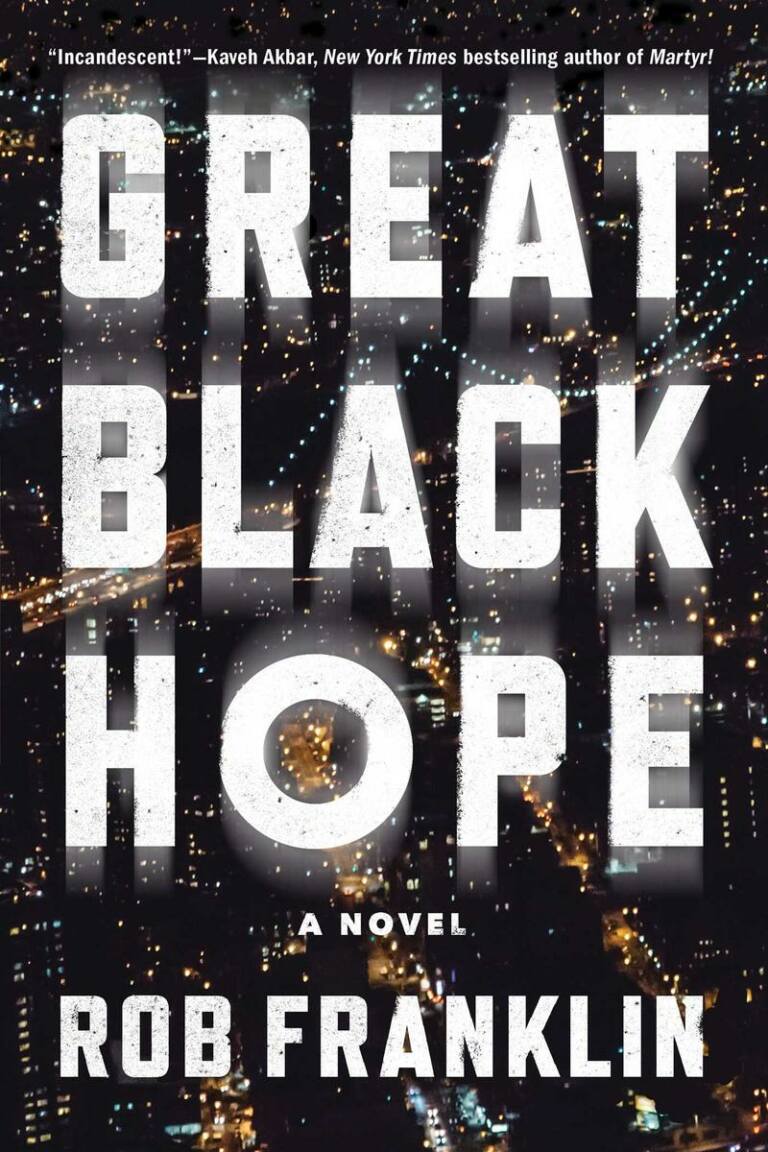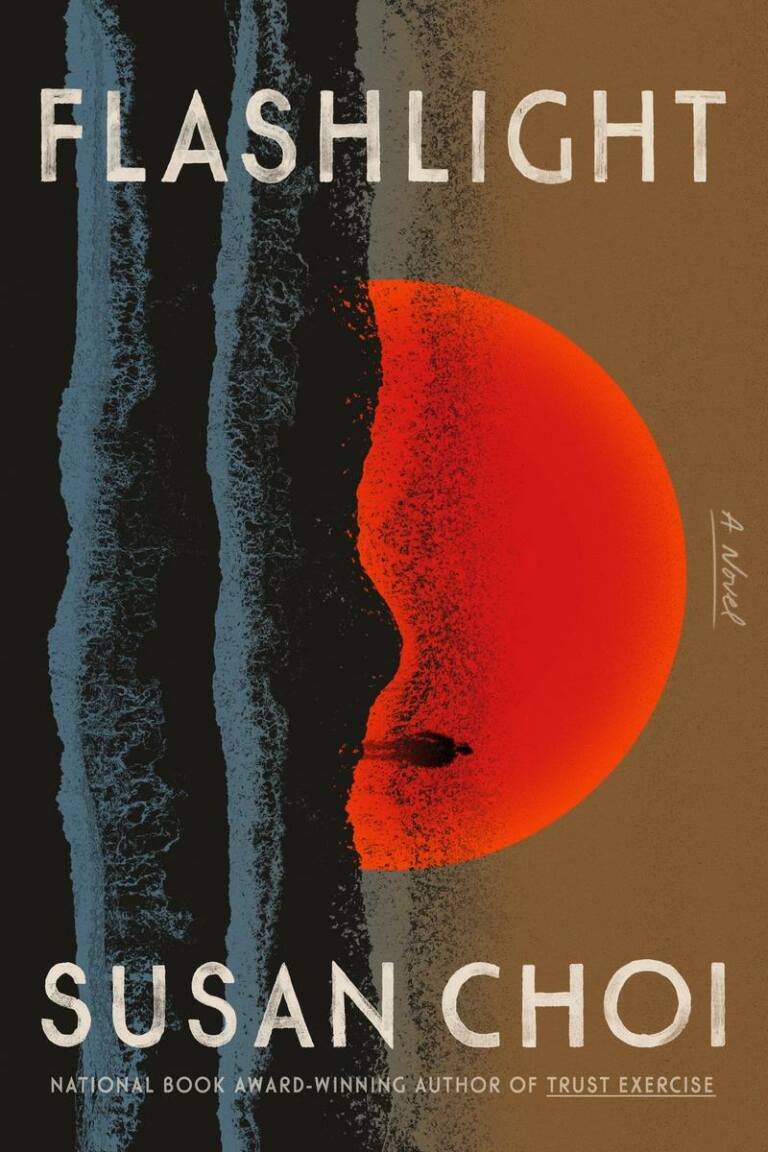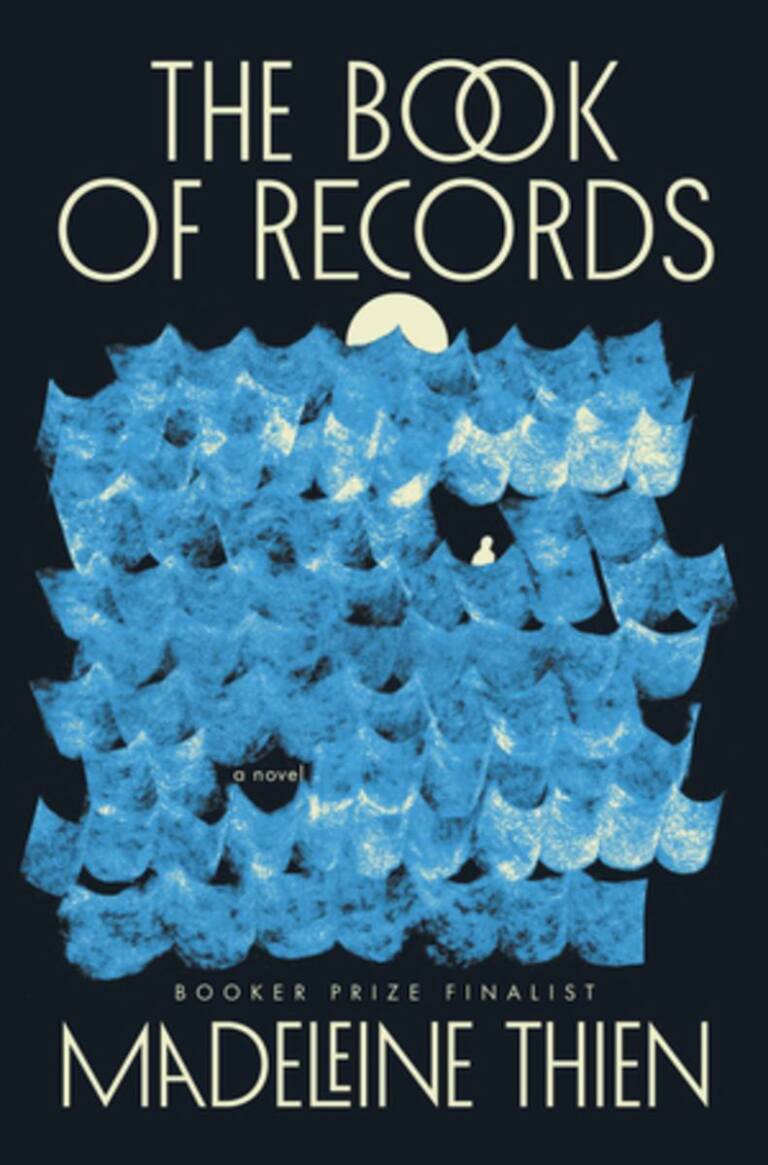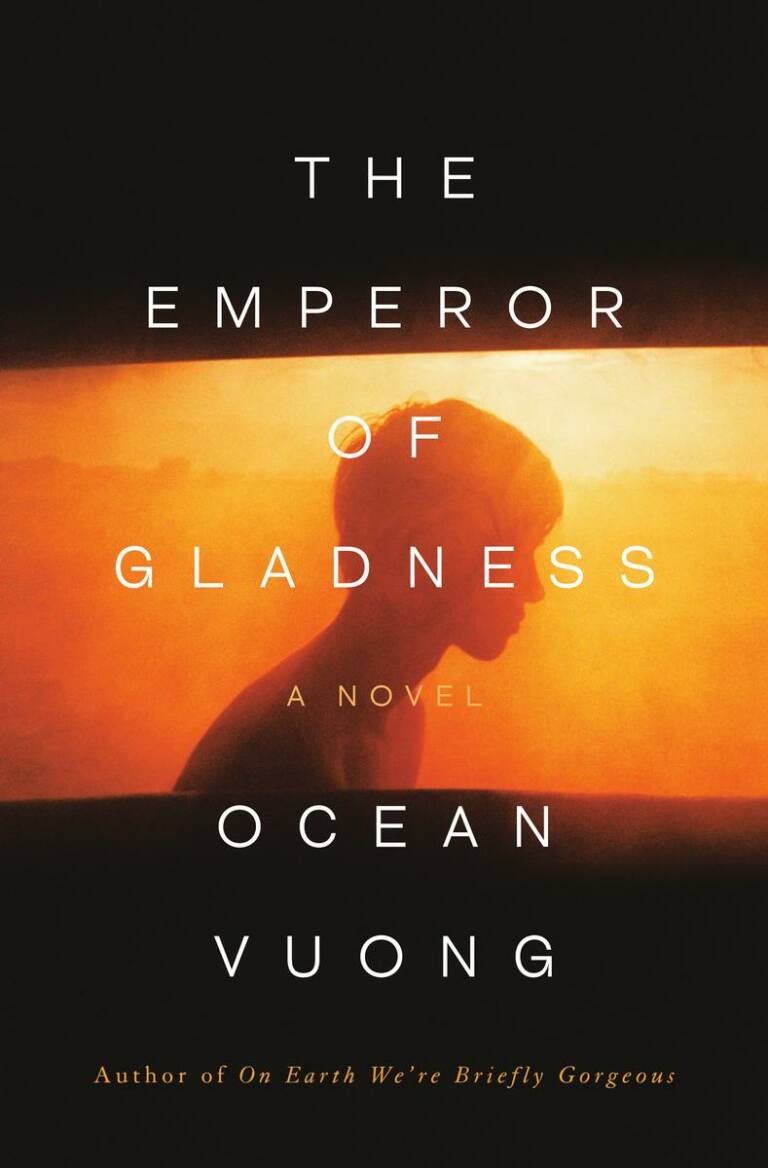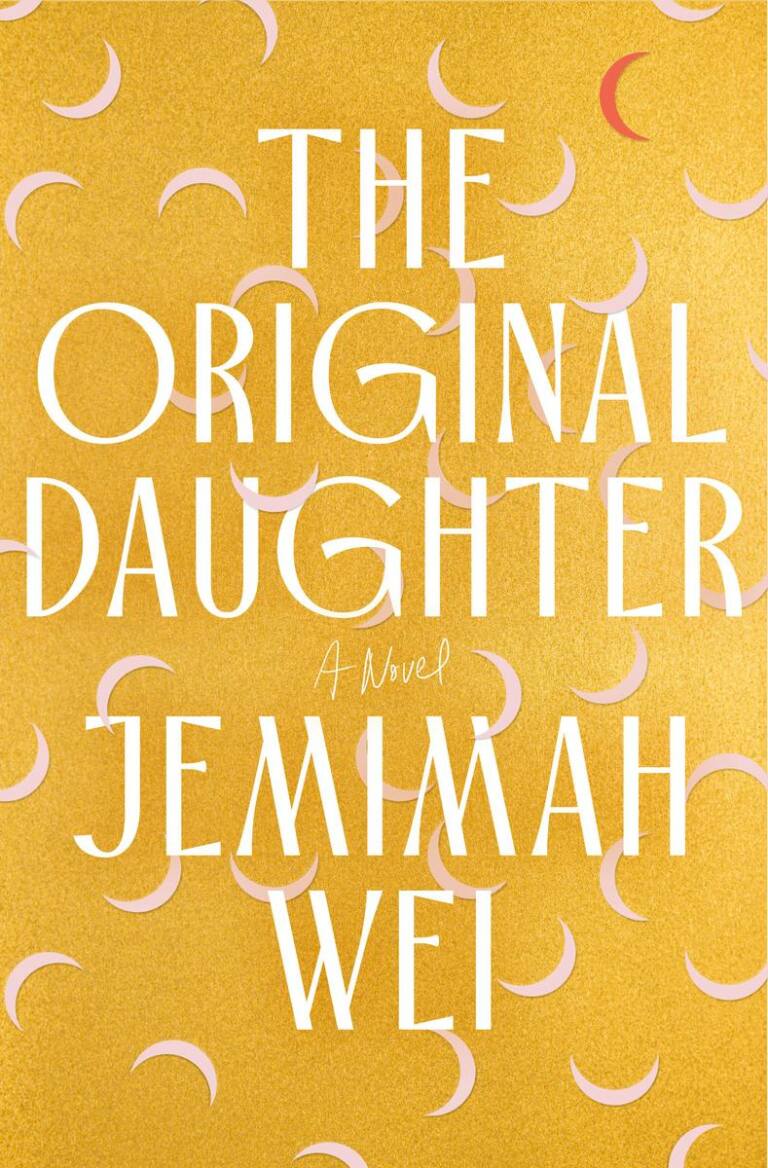September 20, 2025
Two of our upcoming events feature books in this week’s selection—one launches a magnificent Indian epic; the other a charming French story about the healing powers of art. Another novel features ghosts in the Congo by a Francophone novelist and poet; the latest from a British author who never fails to move us takes on the future of humanity; and a post-pandemic-inspired novel explores the nature of illness.
Happy reading,
Melanie Fleishman
Buyer, The Center for Fiction Bookstore
Featured Books
-
.
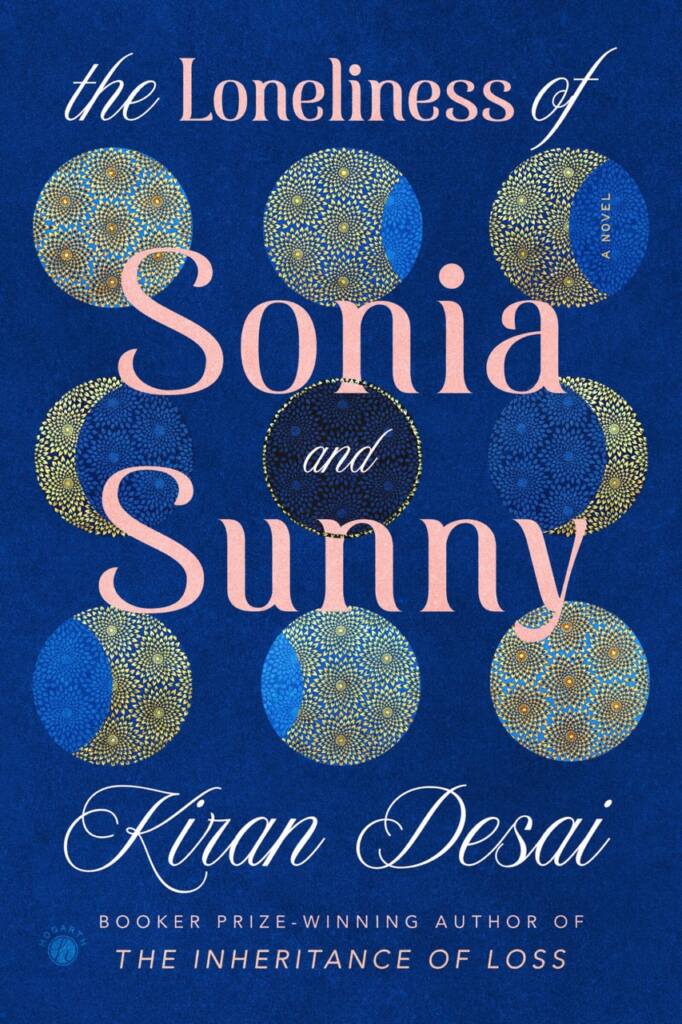
The Loneliness of Sonia and Sunny
By KIRAN DESAI
Published by HOGARTH
This is a good old-fashioned literary saga about two Indian families here and abroad. Sonia and Sunny are both lonely and aspiring writers. They left their families and childhoods in Delhi and moved to America—now the older generation has plotted to matchmake them. Their complicated journey to each other involves one meddling mother and another who flees to the mountains to live like a recluse; a toxic former relationship; and a bittersweet trip to Venice. Desai resisted writing a romantic novel (“I was embarrassed to write a love story.”), but she succeeds in creating a rich epic, longlisted for the 2025 Booker Prize, that is so much more.
-
.
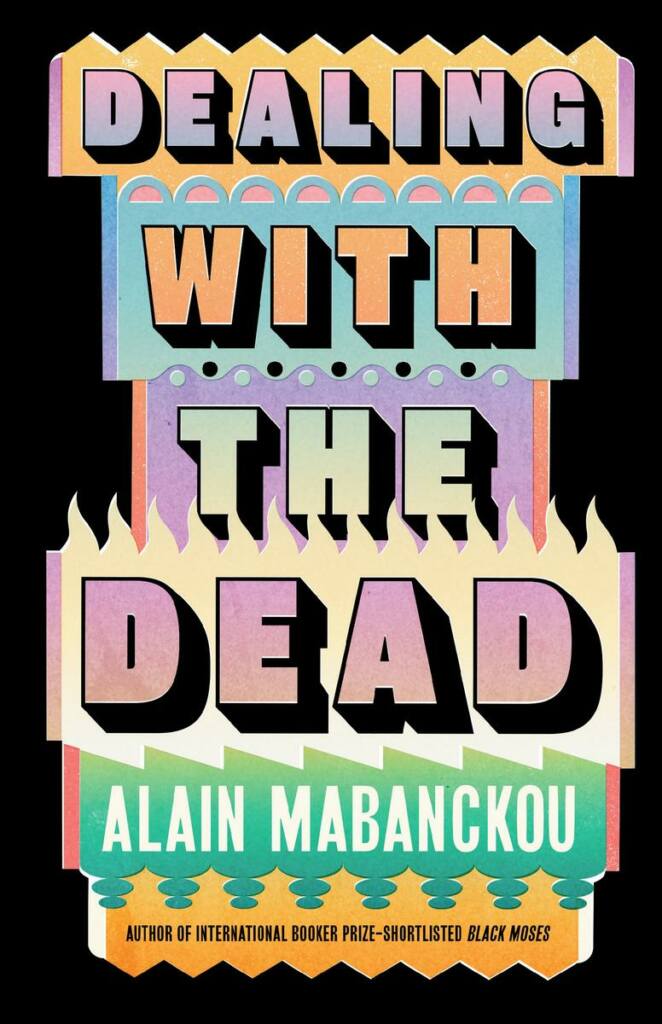
Dealing with the Dead
By ALAIN MABANCKOU
Published by NEW PRESS
Translated by Helen Stevenson
Mabanckou is a prolific novelist and poet who has been called “the African Beckett.” That makes perfect sense for his latest novel. In ’70s Congo-Brazzaville, Liwa has died at twenty-two. He finds himself in a Frères Cemetery grave among many other dead. Like George Saunders’s Lincoln in the Bardo, these characters have voices too. Determined to uncover the mystery of his death, he decides to visit his beloved grandmother in Pointe-Noire (where the author grew up) one more time. The narrative is an entertaining, fast-paced read, producing a surreal satire that blurs lines between life and death, while damning corrupt politics.
.
-
.
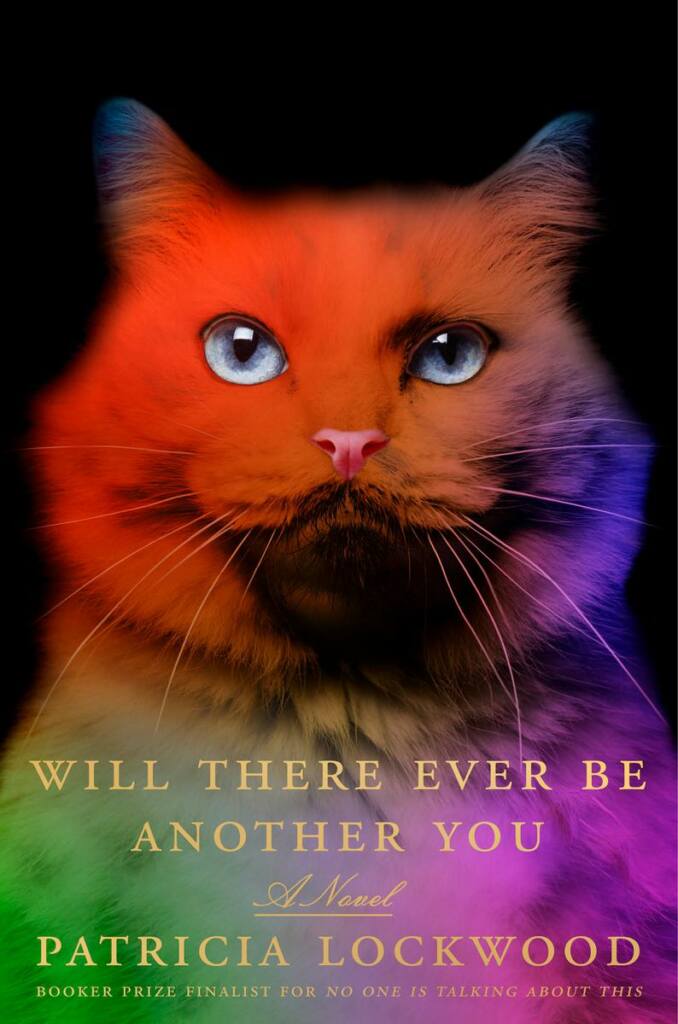
Will There Ever Be Another You
By PATRICIA LOCKWOOD
Published by RIVERHEAD
Lockwood is a writer whose voice is utterly unique. Her newest fiction is, like all her writing, autobiographical. It focuses on the period post-COVID when she suffered from long term symptoms (she says she “wrote it insane and edited it sane”). Starting with a family trip to Scotland in search of the Fairy Pools after her sister’s child has died, the scene is set for an exploration of her fragile health and the inexplicable disintegration of her husband’s health. The narrator sees behind things, observing the world as weird and her mind as a “revolving object.” The journey from Scotland to a reviving experience in Key West is a treat.
-
.
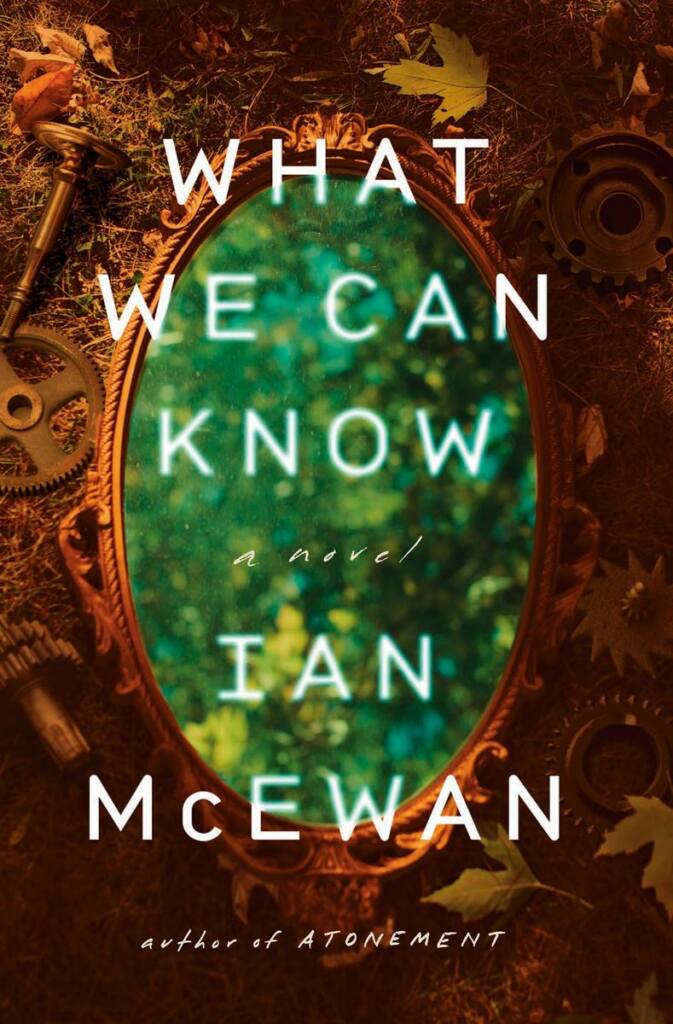
What We Can Know
By IAN McEWAN
Published by KNOPF
McEwan’s new novel is reminiscent of his masterpiece, Atonement, in its psychological acuity and profound portraits of its characters. It begins as a contemporary story of a marriage marked by the reading of a poem during a birthday celebration in 2014 and then leaps to 2119 after a nuclear event and climate change have destroyed the world. There in the future, a scholar is searching for that very poem. Says our narrator, “I have one foot in the past, perhaps two. I live there, in 2014 or 2025, not here.” This is a tour de force, intellectually and emotionally resonant.
.
-
.
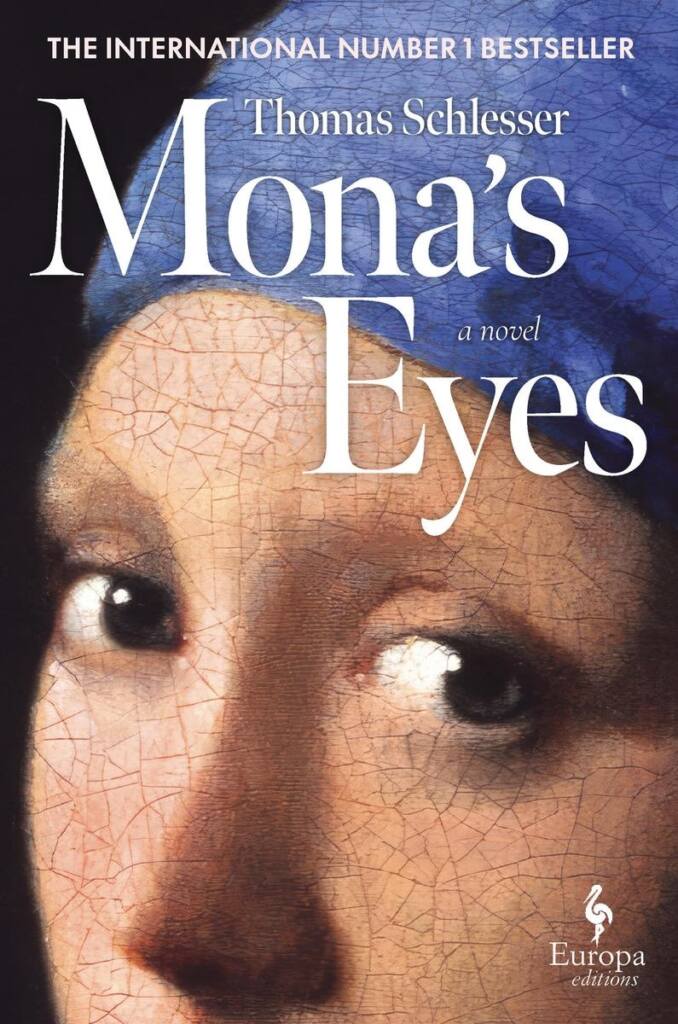
Mona’s Eyes
By THOMAS SCHLESSER
Published by EUROPA EDITIONS
Translated by Hildegarde Serle
An intriguing set up pays off in Schlesser’s beautiful, heartfelt English-language debut: Ten-year-old Mona receives a diagnosis of incipient blindness, and her loving grandfather, Henry, decides to take her to museums every week for a year to visit the great art of the world while she can still see. Fifty-two works of art will be emblazoned in her memory. Along the way, the novel gives us a mini-lecture on each masterpiece (the book is also illustrated), making it both an educational experience and a moving narrative. From masters like da Vinci, Raphael, and Vermeer to modern artists such as Jackson Pollock and Louise Bourgeois, reading this is an utter delight.


